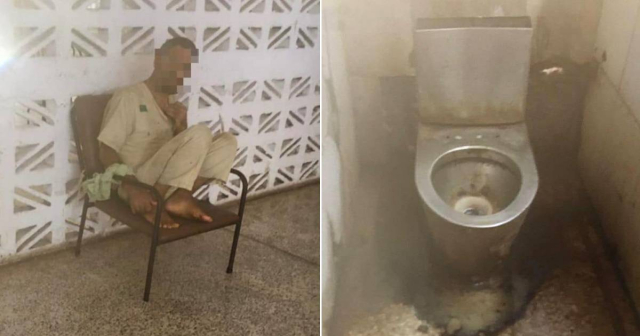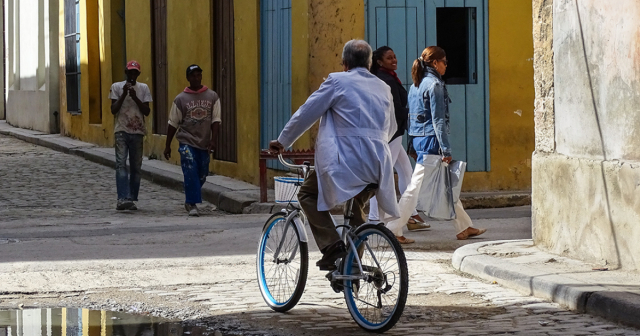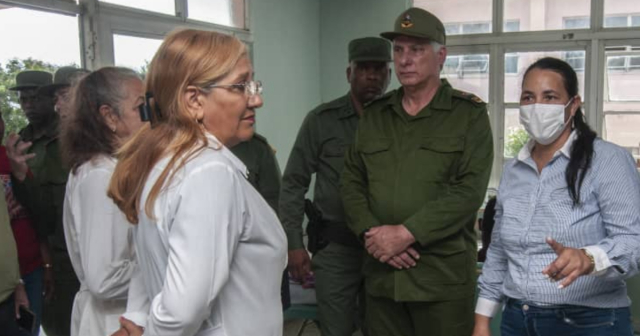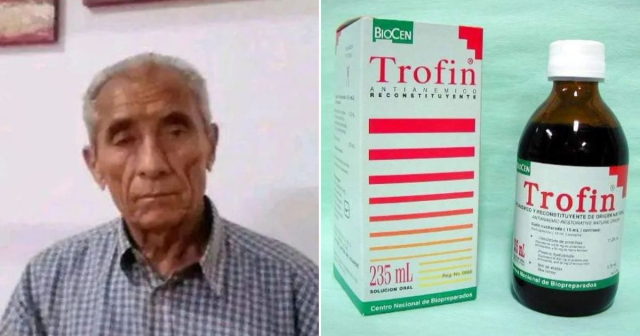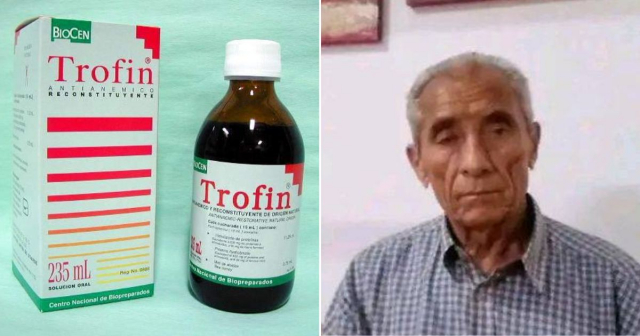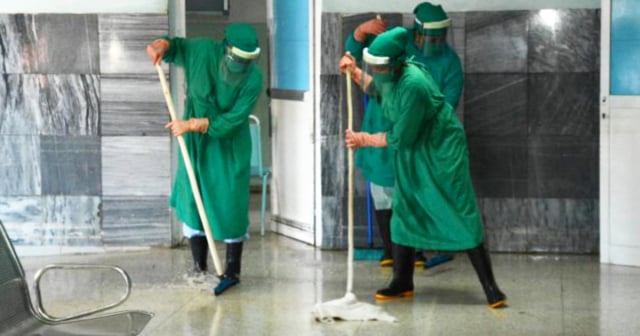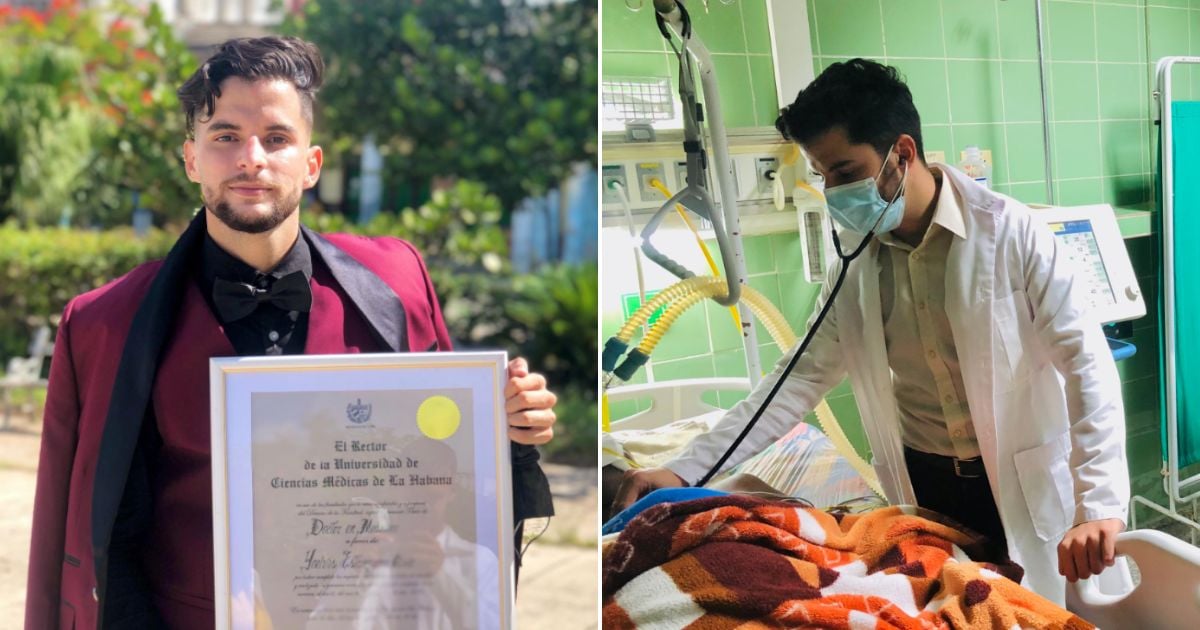
A young Cuban doctor, who graduated from university only three years ago, shared a harsh confession on social media: he has left the profession he loves due to the degrading state of public health in the country.
Yoelvis Estanquero Oliva, originally from Güines, Mayabeque, recently shared on social media platform X that ten months ago he made the decision to stop practicing as a doctor, despite it being "what I love the most."
The young doctor stated that the reasons behind his drastic decision include "the degrading situation, the lack of resources, and the control over patients."
He also firmly expressed that he prefers to be called a coward for his decision not to practice medicine in Cuba, as he "considers himself brave for not being part of a circus with people's health."
However, it is impossible not to feel sadness for the decision of this Cuban doctor, or for any similar choice made by a professional who is just starting their career, especially when it is driven by a deep sense of frustration and helplessness.
On his Instagram profile, in 2021, Estanquero shared with deep joy the news of his graduation from university as a doctor.
"And that's how things happen… in a big way. Today, I am so proud of my colleagues, of my… after six intense years of study, sacrifice, and courage… today I see my people smiling and I tell them it was worth it. Thank you for all the recognition; it has been a very important day for me," he expressed.
In addition, he stated: "Thank you to everyone who has been a part of this dream, because dreams do come true."
The disillusionment and frustration that Cuban doctors experience when starting their careers in the healthcare system have led many—those with the opportunity—to leave the sector.
Others, with great sorrow, continue to practice, even as they are overwhelmed by the sadness of witnessing patients die due to a lack of medication and other issues that deeply affect the profession.
Recently, a doctor from Santiago de Cuba, frustrated by witnessing the deaths of patients due to a lack of medications and supplies, and in light of the regime's inability to find effective solutions, compared the precariousness of the healthcare system—long portrayed as a hallmark of the government—with the death of the homeland.
“Our homeland has died, damn it, and there’s nothing more to be done about it,” concluded a doctor from the eastern province in a series of reflections he shared with CiberCuba.
According to the physician, most of his acquaintances maintain some form of contact with people abroad and witness how the Cuban diaspora struggles to achieve their dreams: well-paying jobs, purchasing a car or a new home, or obtaining bank loans.
Meanwhile, those who remain on the island face a reality where "existence has been reduced to a race for survival that operates within the narrow margins of blackouts, lack of water, the search for cash, concerns about what to eat, and the constant struggle with long lines, scarcity, and inflation…".
Filed under:

